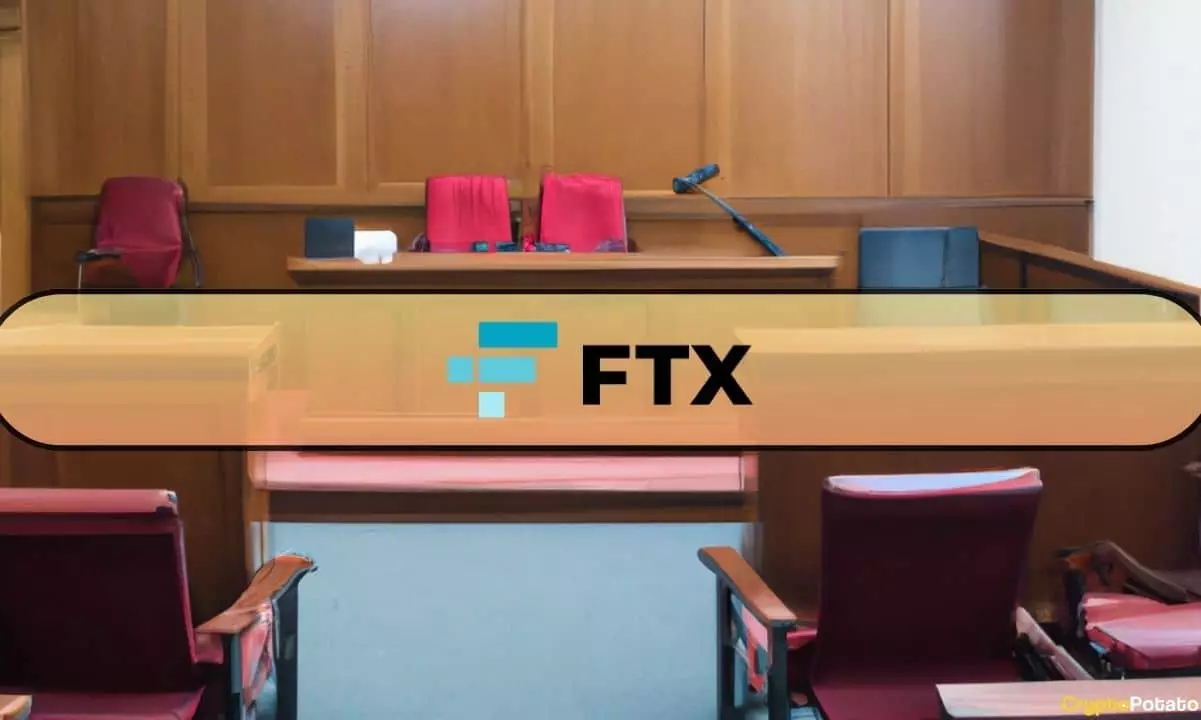FTX’s recent court filing marks a troubling shift in the collapse of one of the crypto industry’s most infamous scandals. Instead of prioritizing fairness or transparency, the bankrupt exchange is proposing a policy that effectively seeks to exclude a large swath of international creditors based on their geographic location. By designating 49 countries—including China, Russia, Afghanistan, and Ukraine—as “Potentially Restricted Jurisdictions,” FTX is attempting to justify denying or delaying creditor claims from these regions. This is not merely a bureaucratic maneuver but a profound abdication of ethical responsibility, especially considering that many of these users acted in good faith, investing and trusting a platform that ultimately betrayed their trust.
What’s most disconcerting is how this approach allows for discretion rather than firm legal obligations. FTX’s method hinges on obtaining jurisdiction-specific legal opinions, which creates a loophole that can be exploited or misused. The potential for arbitrary decisions looms large, especially when the trust’s legal advisors may interpret laws differently or when geopolitical considerations influence judgments. This is a clear signal that FTX, rather than upholding universal principles of creditor fairness and accountability, seeks to carve out exclusions that disproportionately benefit the exchange at the expense of vulnerable users abroad.
Ethical Erosion in Favor of Legalistic Sham
The implications extend far beyond technicalities—these proposals strike at the very heart of ethical responsibility in bankruptcy proceedings. Many victims from these flagged countries, particularly Chinese investors who represent 82% of the affected claim values, find themselves helpless in the face of this legal labyrinth. Critics rightly argue that denying claims based solely on jurisdiction disregards the fact that these users trusted the platform, complied with local laws, and held assets in good faith.
The argument that claims won’t be paid because they originate from “restricted jurisdictions” conveniently sidesteps the underlying moral obligation to treat all creditors equitably. When a platform like FTX collapses, there is an expectation that the responsible parties will seek to make victims whole—not to implement bureaucratic barriers that resemble digital or legal exclusion zones. If anything, this policy underscores a dangerous trend: treating international users as collateral damage, rather than as legitimate stakeholders deserving fair treatment. Such an approach risks irrevocably damaging the reputation of regulatory and legal systems that claim to uphold justice and fairness on a global scale.
Power Dynamics and the Question of Fairness
One cannot ignore the broader political and economic implications of FTX’s plan. The proposal selectively targets large populations, notably Chinese users, who, despite a heavily restrictive domestic environment, had managed to participate in cryptocurrency transactions legally. The fact that they are now poised to be denied access to their assets based on jurisdiction highlights the uneven power dynamics at play. Western-based companies and courts are increasingly setting boundaries around how and where global financial rights are enforced, often favoring legal conformity over fairness.
This approach raises the question: are we witnessing a new form of financial jurisdictional imperialism? Is it justified to penalize individuals simply because of their geographic location, especially when they are otherwise compliant with legal standards? Such policies threaten to Balkanize the digital economy further, fragmenting access and eroding trust in the global financial ecosystem. From a center-right perspective, which balances free enterprise with the rule of law, this scenario underscores the necessity of establishing clear, consistent, and fair mechanisms for cross-border insolvencies rather than capitulating to protectionist or discriminatory practices.
The Future of Crypto Credibility and Ethical Standards
FTX’s proposed plan is more than a legal document; it is a litmus test for the industry’s commitment to ethical standards. They are testing the waters for how far they can go in disregarding creditor rights in pursuit of legal compliance—setting a dangerous precedent for future collapses or regulatory interventions. If justice is to have any meaning in the digital age, it must transcend jurisdictional boundaries and recognize the fundamental rights of all investors, regardless of their country of residence.
While setbacks are inevitable in such complex insolvency cases, the fundamental issue remains: the moral obligation to prioritize fairness over expediency. FTX’s strategy, cloaked in legalese, ultimately exposes a troubling tendency in the industry—favoring technical conformity over genuine justice. The challenge now lies in how regulators, courts, and industry leaders choose to respond; their decisions will reverberate far beyond FTX’s demise, shaping the very future of international financial engagement and trust in the cryptocurrency ecosystem.

